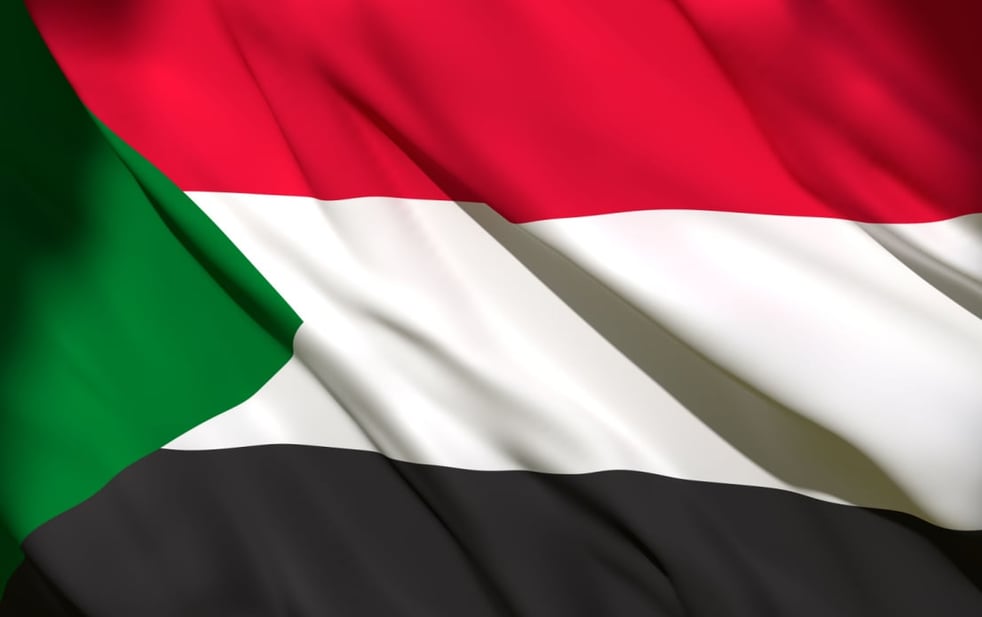On 15 April 2023, fighting erupted in Sudan's capital Khartoum as well as in several other cities across the country. Despite their strategic value, port and terminal facilities in Port Sudan have not been directly affected so far.
Tensions have been high between various military factions since the ouster of Omar al-Bashir in 2019. The fighting which suddenly erupted in Sudan on 15 April is the unfortunate and expected outcome of the Sudanese power-sharing agreement emerging out of the October 2021 coup. Two fractions, the Sudanese Armed Forces (SAF) and the Rapid Support Forces (RSF) are battling for control of the country.
Risk Intelligence has analysed that Al Khair terminal and the port of Port Sudan have remained largely untouched by the fighting, despite their strategic significance. This is because the fighting is far from generalised and concerns a political-military elite which does not disagree over how the country should be run, merely over who should run it. This explains why the fighting has been concentrated in Khartoum, where the state's institutions lie. The rest of the country is expected to fall in line, or at least not contest authorities in Khartoum.
The expectation appears to be that business will resume as normal as soon as the leadership conflict is swiftly resolved. Exports should continue from Port Sudan, with only moderate disruptions compared to the gravity of the situation. Merchant vessels are not expected to meet a particularly higher threat level, as the conflict remains concentrated inland, around Khartoum and where RSF's support base meets that of SAF to the southwest of Khartoum, nearing Darfur. At the time of writing, it is difficult to assess which side will have the upper hand. There remains a threat of escalating conflict if provincial and tribal authorities sense that the strife creates possibilities to assert their own interests, or if the population starts taking sides. In the latter scenario, talk about a civil war might no longer be unjustified, forcing a reassessment of threat levels around Port Sudan.
The situation is still very volatile and while it appears that the SAF have prioritised securing the port, their efforts remain hampered due to lack of training and resources. There is an elevated threat of military activity around the port, as such whilst operating in Port Sudan, there is at the least a substantial threat of stray ordnance and abusive behaviour by law enforcement and/or military personnel.
This threat is somewhat mitigated by the vital importance of Port Sudan and Al Khair terminal to the Sudanese economy - it serves as an important hub for trade between Sudan and other regional countries with around 90% of the country's exports and imports, including oil, gold, and other minerals, are handled via the port. It also serves as an important hub for the business plans of those backing both the SAF and the RSF. At this stage, and if the fighting remains contained, it is believed that both parties as much as possible will avoid damaging the port.
As of 25 April, cargo operations are continuing without disruptions at Al Khair terminal, Port Sudan, as well as Bashayer Oil Terminal Port. However, there is the possibility that general cargo ships will be impacted at the conventional terminal with delayed cargo operations due to the lack of trucks.
